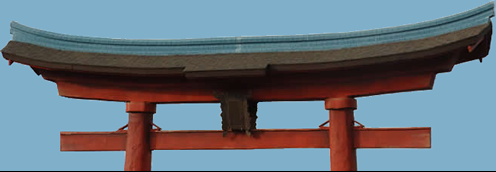


“A human being is part of the whole world, called by us ‘Universe,’ a part limited in time and space.
He experiences himself, his thoughts and feelings as something separate from the rest - a kind
of optical delusion of his consciousness. The striving to free oneself from this delusion is the one
issue of true religion. Not to nourish it but to try to overcome it is the way to reach the attainable
measure of peace of mind.”
Albert Einstein in a letter to a father who had just lost his son
“The most beautiful thing we can experience is the mysterious. It is the fundamental emotion that stands at the cradle
of true art and true science. He who does not know it and can no longer wonder, no longer feel amazement, is as good
as dead, a snuffed-out candle. It was the experience of mystery...that engendered religion. A knowledge of the existence
of something we cannot penetrate, our perceptions of the profoundest reason and the most radiant beauty, which only in
their most primitive forms are accessible to our minds - it is this knowledge and this emotion that constitute true
religiosity; in this sense, and in this alone, I am a deeply religious man.”
From the book “Ideas and Opinions” by Albert Einstein
“We know nothing about it all [God, the world]. All our knowledge is but the knowledge of schoolchildren.
Possibly we shall know a little more than we do now. But the real nature of things, that we shall never know. Never.”
From an interview with Albert Einstein in The Jewish Sentinel, 1931
“I cannot imagine a God who rewards and punishes the objects of his creation, whose purposes are modeled after our own -
a God, in short, who is but a reflection of human frailty...It is enough for me to contemplate the mystery of conscious
life perpetuating itself through all eternity, to reflect upon the marvelous structure of the universe which we can dimly perceive
and to try humbly to comprehend even an infinitesimal part of the intelligence manifested in Nature.”
Albert Einstein, 1934